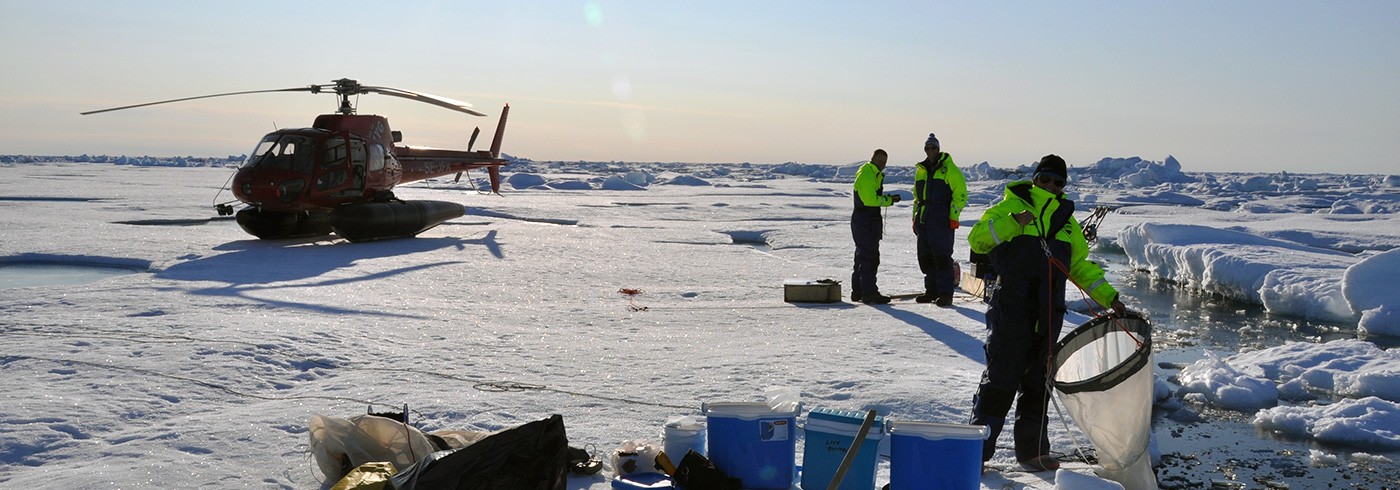LOMROG III was a follow-up to the previous Danish-Swedish LOMROG expeditions that took place in 2007 and 2009. The Swedish icebreaker Oden once again served as the research platform.
The task of the Continental Shelf Project is to acquire the necessary data in order to document an extension of the continental shelf beyond 200 nautical miles in accordance with article 76 of the UN Convention of the Law of the Sea (UNCLOS). During the expedition bathymetric data was acquired using Oden’s advanced multibeam echosounder, as well as collection of seismic and gravimetric data.
Danish scientists in biology, oceanography and marine microbiology also participated in the expedition.
Chief scientist
Christian Marcussen
GEUS
Swedish research projects
Three Swedish research projects in paleoceanography and marine ecology also participated in LOMROG III:
PAWS: Palaeoceanography of the Arctic – Water masses, Sea ice, and sediments
Researchers from Stockholm University studied the governing processes and feedback mechanisms of the sea ice and deep water circulation in the Arctic Ocean. Several new methods was used to reconstruct how Arctic sea ice extent and circulation patterns have varied since the latest warm period around 125,000 years ago.
Principal investigator
Richard Gyllencreutz
Department of Geological Sciences, Stockholm University
Marine diazotrophic diversity in the polar oceans and its contribution to global nitrogen cycling
Researchers from Stockholm University collected water samples to analyse and measure nitrogen fixation in hypersaline brine, seawater, and melting ponds on ice and snow. Marine diazotrophs (nitrogen-fixing bacteria and cyanobacteria) are of documented significance in global nitrogen cycling. However, their significance in polar regions are largely unknown, despite the fact that nitrogen fixation is a major source of nitrogen input in polar terrestrial and freshwater systems.
Principal investigator
Pauline Snoeijs Leijonmalm
Department of Ecology, Environment and Plant Sciences, Stockholm University
The role of zooplankton in Arctic food webs
Researchers from the University of Gothenburg studied the function of zooplankton in the pelagic food web, and their role in structuring the pelagic community. A thorough understanding of the dynamics of polar food webs is a key to accurate predictions of the effects of global warming on pelagic communities.
Principal investigator
Kajsa Tönnesson
Department of Biological and Environmental Sciences, University of Gothenburg
Red Sea Research Center, King Abdullah University of Science and Technology (KAUST), Thuwal, Saudi Arabia

